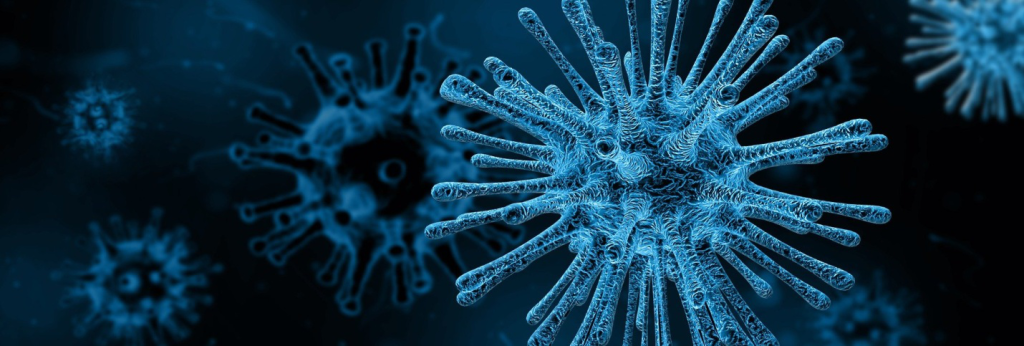Sewage exposure is dangerous; a recent article by Healio claims that a broken sewage pipe could’ve been responsible for a mini-outbreak of COVID-19 in a Chinese city, according to researchers.
But even before the pandemic, certain health risks have always remained prevalent. We’ve listed a few that you might want to look out for.
Campylobacteriosis
Named after the bacterium that causes it, Campylobacteriosis is one of the most common diarrhea-related illnesses in the US. People who are affected by these bacteria may experience no symptoms at all or common conditions such as bloody diarrhea, vomiting, abdominal pain and possibly fever.
Bacterial infections like these happen post-exposure to sewage—specifically when it’s untreated and unclean.
Gastroenteritis
This infection can be caused by many viruses, and is often mistaken as stomach flu due to similar symptoms such as diarrhea, abdominal pain, cramping, nausea, and excessive vomiting.
For most adults, this will be like regular stomach flu, but it can deadly for infants, disabled and older people and those who are immuno-compromised in any other way. The key is to stay hydrated to replace the fluids your body loses through vomiting or diarrhea.
Cryptosporidiosis
The microscopic parasite that causes this disease has an outer shell that enables it to live for extended periods, making it super resistant to chlorine disinfection.
According to the Indiana Department of Health, this is the most common water-borne disease in the US, as the parasite can be found in every region here. It has typical symptoms like diarrhea and mild fevers.
Giardiasis
This is another disease caused by a unicellular parasite known as Giardia intestinalis. You may know this as beaver fever. This can be transmitted from person to person and also by drinking contaminated water. One important thing to note is that this particular disease is equally common in domestic animals as well.
While humans may watch what they are consuming, animals will probably not, which makes them more vulnerable to Giardiasis.
The CDC has issued some essential hygiene practices for workers to ensure that they are not exposed to the risk of becoming ill from water-borne diseases, but that is not enough. You have a part to play as well!
If your sewage disposal system is neglected, it will not be able to remove the sewage safely. All worn down, broken, blocked, and damaged parts must be fixed for a sewage system to work efficiently, thereby removing all chances of sewage exposure that could put your families’ health at risk.
Call us now at 817-244-0614 t for professional sewer repair services in Fort Worth.

